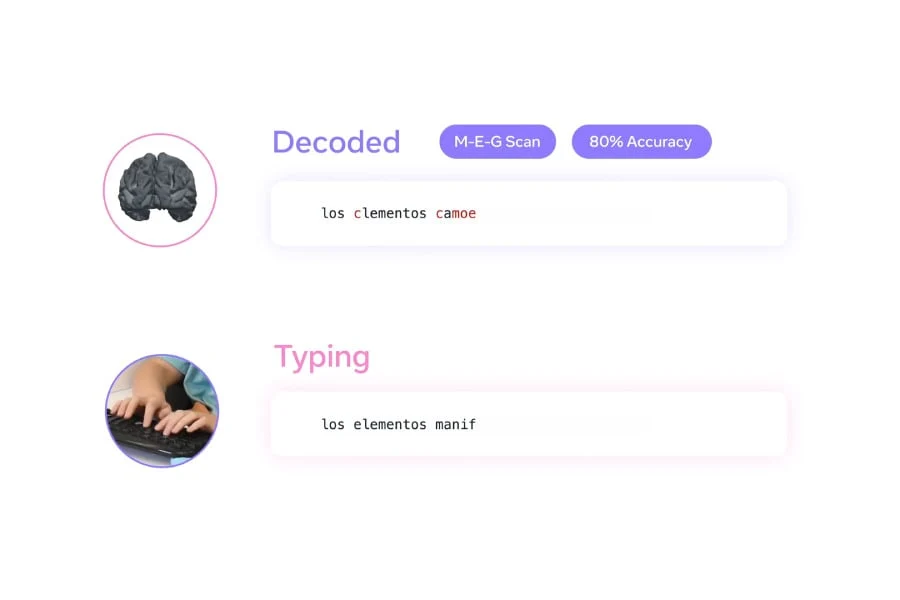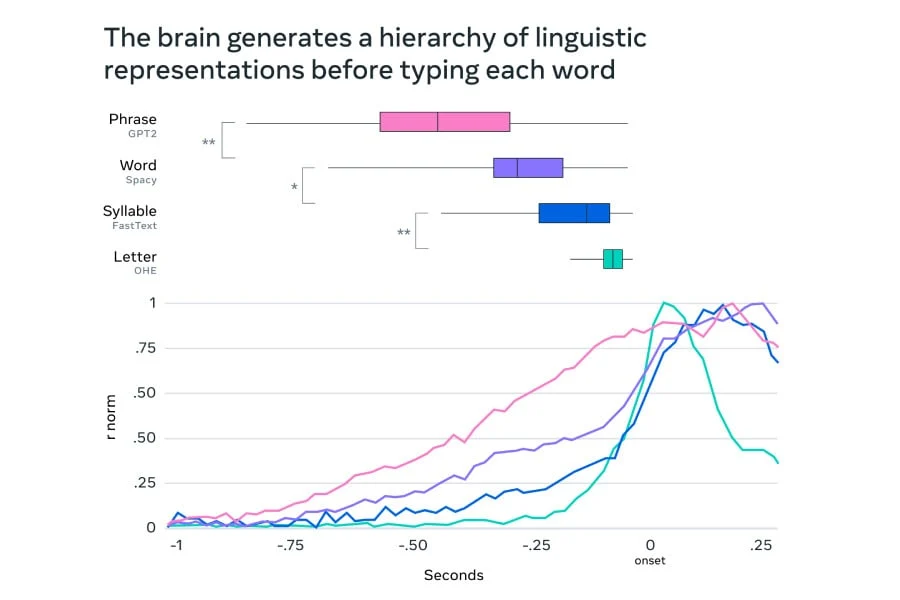Key Takeaways
1. Meta’s Aria Gen 2 smart glasses are displayless and available only to research partners, not for public sale.
2. The glasses feature enhanced sensors including RGB camera, eye tracking, and spatial microphones for better context recognition.
3. A new PPG sensor monitors heart rate, and real-time processing allows for precise indoor and outdoor location tracking.
4. Improved battery life by 40% allows for six to eight hours of continuous use while weighing approximately 75g.
5. The glasses aim to assist individuals with blindness or visual impairments through collaboration with Envision’s Ally AI assistant.
Meta has revealed the Aria Gen 2 smart glasses, which are displayless. These glasses come from the company’s AR and AI research initiative known as Project Aria, which began in 2020. However, this new version will only be accessible to research partners and won’t be available for the general public to purchase.
Enhanced Features
Meta states that the Aria Gen 2 glasses have improved capabilities to grasp human perspective and can recognize the surrounding context of the wearer. For instance, features like eye tracking and hand tracking help to precisely identify what the user is doing. When compared to the Aria Gen 1, there’s a notable upgrade in the sensor suite, which now includes an RGB camera, a 6DOF SLAM camera, eye-tracking cameras, spatial microphones, IMUs, a barometer, a magnetometer, and GNSS.
New Sensors and Battery Life
A new PPG sensor is included to monitor the user’s heart rate, while a contact microphone allows the glasses to detect if the wearer is talking or if it’s someone else nearby. The Aria Gen 2 can also process signals directly on the device in real-time and pinpoint your location both indoors and outdoors. Furthermore, it features built-in open-ear force-cancelling speakers for audio enjoyment. The battery has been improved by 40%, providing six to eight hours of use continuously. Still, the weight remains around 75g, maintaining the same foldable arms design as before.
Future Applications
The Aria Gen 2 glasses aim to enhance accessibility for people with blindness or visual impairments. Envision, a company in the field, is collaborating to integrate its Ally AI assistant with these smart glasses. A promotional video shows this technology being utilized in a grocery store, where a shopper is assisted in locating red onions. It remains uncertain when this technology will be broadly available. For those interested in purchasing smart glasses for casual use, the Ray-Ban Meta Glasses (Regular Black Wayfarer, currently priced at $299 on Amazon) could be a good option.
Source:
Link












